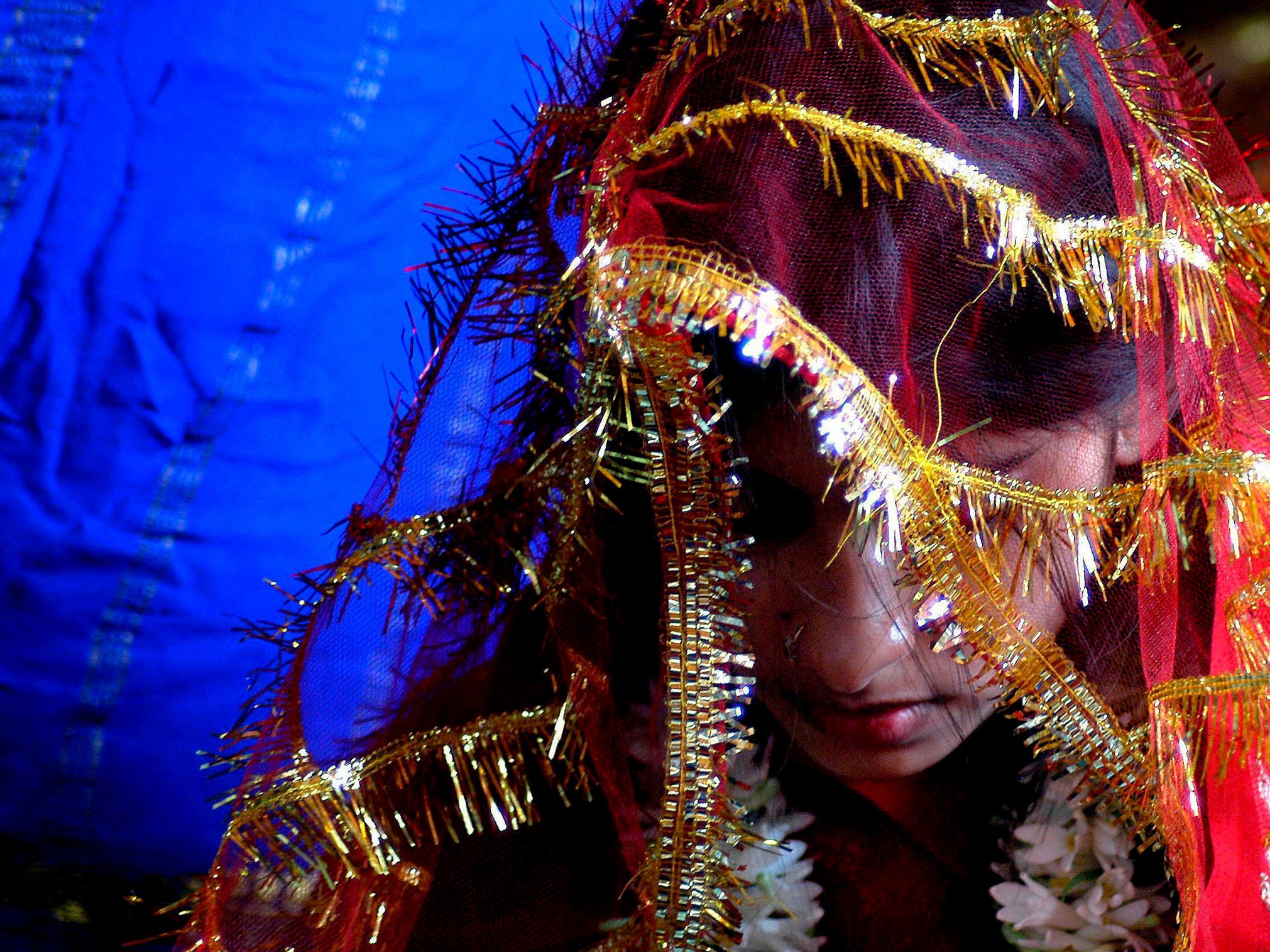Fears honour-based abuse could go undetected due to ‘short-sighted’ government plans to scrap term
Exclusive: ‘It’s removal would further undermine the victims of this horrible abuse who are often hidden,' says victims’ commissioner

Your support helps us to tell the story
From reproductive rights to climate change to Big Tech, The Independent is on the ground when the story is developing. Whether it's investigating the financials of Elon Musk's pro-Trump PAC or producing our latest documentary, 'The A Word', which shines a light on the American women fighting for reproductive rights, we know how important it is to parse out the facts from the messaging.
At such a critical moment in US history, we need reporters on the ground. Your donation allows us to keep sending journalists to speak to both sides of the story.
The Independent is trusted by Americans across the entire political spectrum. And unlike many other quality news outlets, we choose not to lock Americans out of our reporting and analysis with paywalls. We believe quality journalism should be available to everyone, paid for by those who can afford it.
Your support makes all the difference.Ministers are considering dropping references to honour-based abuse in the recording of crimes such as forced marriage, coercive control and female genital mutilation, raising concerns offences could go undetected.
The Home Office is due to review use of the term later this month at a meeting with charities, The Independent has learned.
Under the current system, certain offences — which can also include threats to kill, assault, attempted murder, and murder — are recorded under the blanket label of honor-based abuse. Ministers are believed to want to scrap the term to avoid falsely linking such crimes to “honour”.
But Dame Vera Baird QC, victims’ commissioner for England and Wales, “strongly urged” the government to reconsider plans to abandon the use of the label.
“I fear this step from the Home Office would set work in this field back, bury even more deeply the hidden nature of honour-based abuse and damage victim confidence that the government understands their unique experiences,” she told The Independent.
“While I recognise that there will be good intentions behind a proposal to remove the term ‘honour’ from honour-based violence, experience shows that its removal would further undermine the victims of this horrible abuse who are often hidden”.
Data supplied by police forces to the Home Office shows there were 2,024 offences tagged as honour-based abuse in 2019/20, a dramatic 64 per cent fall from the 5,595 five years earlier.
But Karma Nirvana, a national charity supporting victims of such crimes, has suggested those figures are “hugely worrying” as they understate the scale of the problem and indicate police do not take it seriously enough.
Natasha Rattu, director of the charity, which runs a national helpline as well as training police, NHS and social services about forced marriage and honour-based abuse, told The Independent they are aware the government was going to review use of the terminology.
She added: “We would oppose any plans to drop use of the word honour to describe honour-based abuse. The issue is already hidden, misidentified and under-detected. If we stop calling it honour-based abuse, it is going to further hide the issue. We are hiding it more by not calling it out.
“Victims do not always recognise honour-based abuse themselves. They have grown up to legitimise their scenarios. Families have huge control over their victims and communities legitimise messages from families.”
Ms Rattu said this was compounded by professionals in public agencies not understanding the problem and fearing being seen as racist.
“If the government does not want to record it, it will be even more difficult for victims to come forward,” she added. “We polled survivors and they felt recognising it helps them to express their experiences.”
Ms Rattu acknowledged the “well-meaning intentions” behind the removal of the term “honour” but argued it was “short-sighted” and would have “multiple and unintended” consequences for survivors.
Dame Vera said the term helped the police and others professionals realise they are supporting a victim who is “even more vulnerable than most domestic abuse victims” and will be fearful of the repercussions of seeking help.
The Independent previously reported that Karma Nirvana had seen a 57 per cent rise in calls during lockdown, with the charity warning honour-based abuse had been exacerbated by social distancing rules. It experienced a 200 per cent surge in calls to its helpline from 16 March to 24 April compared to the previous six weeks.
SafeLives, a leading domestic abuse charity, also raised concerns about the Home Office plans. Liz Thompson, director of external relations, said: “Removing the word ‘honour’ will remove agencies’ focus on this particular form of domestic abuse.
"While there is no ‘honour’ in so-called ‘honour’ based abuse, it is important for the police, children’s social care, healthcare and other professionals to understand the particular dynamics of honour based abuse. The experiences of victims of honour based abuse need to be fully understood within the context in which they take place, and without a specific focus, could be lost entirely.
“Government and agencies need to see the whole picture of what is happening in and around families and be confident they are able to respond with the right approach and techniques where crimes are motivated by misguided notions of honour or shame.”
A spokesperson for the Home Office said: “The government is committed to tackling all forms of so-called honour-based abuse and works closely with stakeholders to ensure we are doing everything we can to protect victims.
“Our public consultation to inform the development of our new Tackling Violence Against Women and Girls Strategy is currently open, and we encourage people to give their views.”
